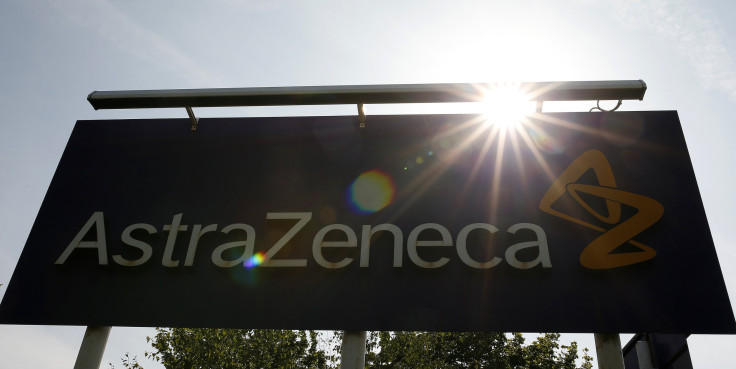AstraZeneca's Lupus Drug Anifromulab Shows Positive Results In Mid-Stage Clinical Trial

The Phase II study results of AstraZeneca's drug anifrolumab appeared promising, the drug maker announced Tuesday. Anifrolumab, which is used to treat moderate to severe systemic lupus erythematosus (SLE), cut the disease activity in patients significantly during the clinical trial.
In the last 60 years, only one new drug called Benlysta by GlaxoSmithKline has been launched for lupus treatment. The drug maker said that the positive mid-stage trial results have boosted their hope for the launch of a medicine that has a potential to become a $1 billion-a-year seller.
The clinical trial data show that anifrolumab is more effective than sifalimumab, another type of drug which the company had been testing for the treatment of lupus. The effectiveness of the drug has inspired its drug maker to start final-stage Phase III clinical trial using 300 mg doses of anifrolumab.
Anifrolumab works by targeting interferons. In lupus, the immune system of the person affected attacks the joints and organs and interferons are the proteins that are involved in inflammation. Since the drug it administered intravenously, it reduced the need to consuming oral corticosteroids.
The Phase II study results showed that anifrolumab 300 mg produced a response in 34.4 percent of patients during the first 169 days of treatment with the drug. The ration increased to 50 percent by the end of first year. The Phase II study results are being presented at the American College of Rheumatology annual meeting.
Lupus Foundation of America states that there are more than 1.5 million Americans who suffer from the illness. In addition, 16,000 new cases of SLE are diagnosed each year in the country.
© Copyright IBTimes 2024. All rights reserved.





















